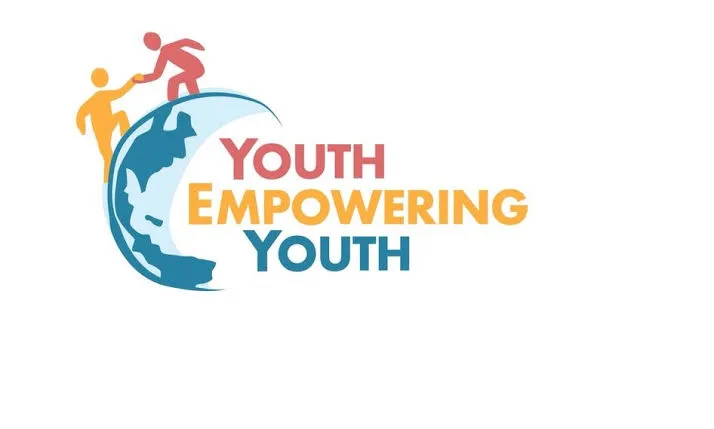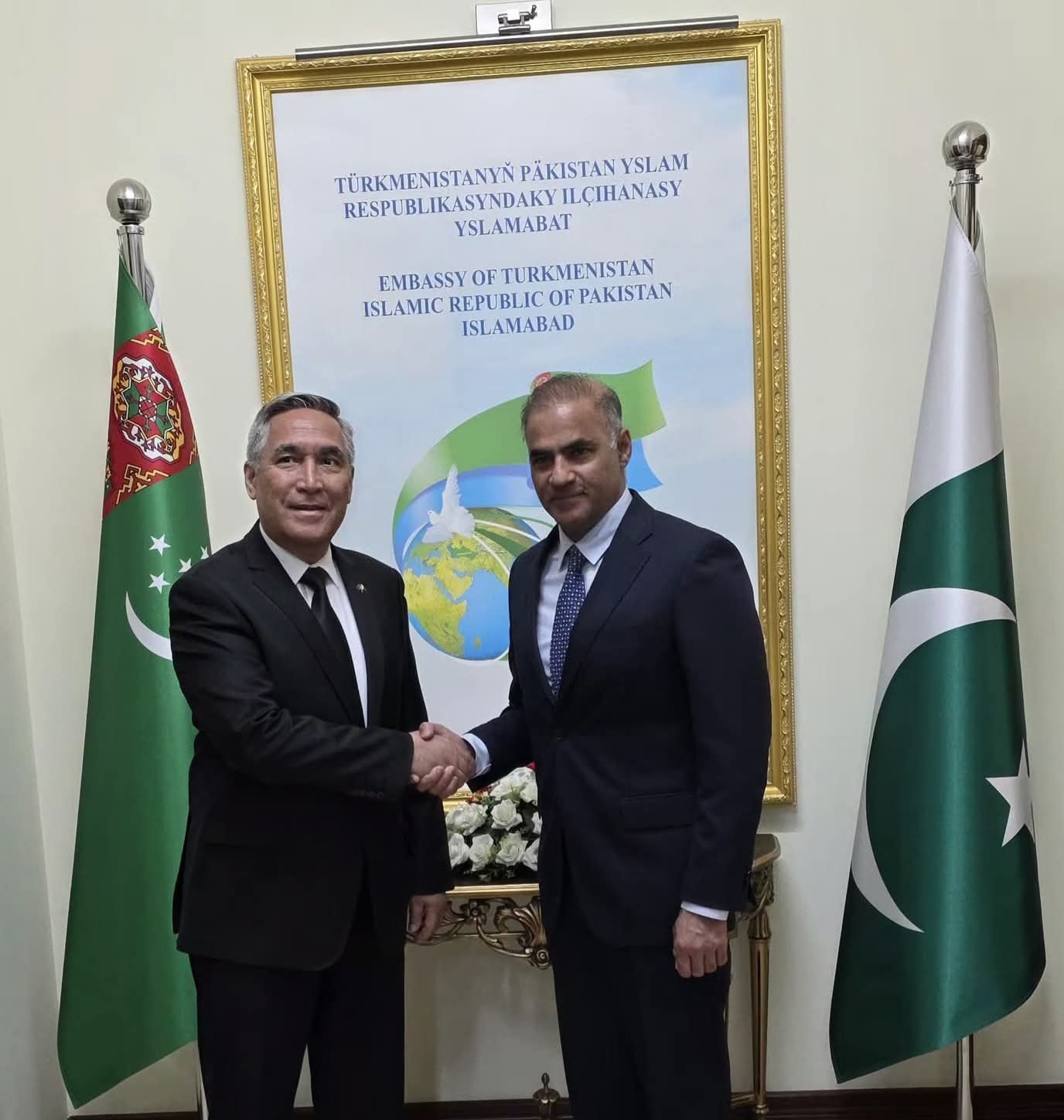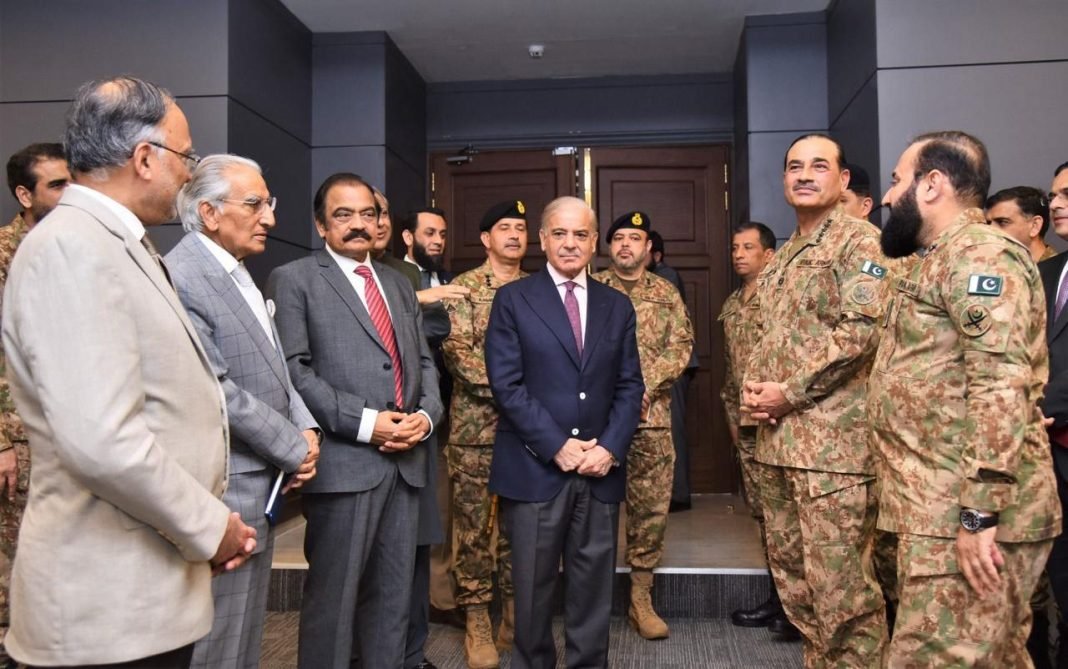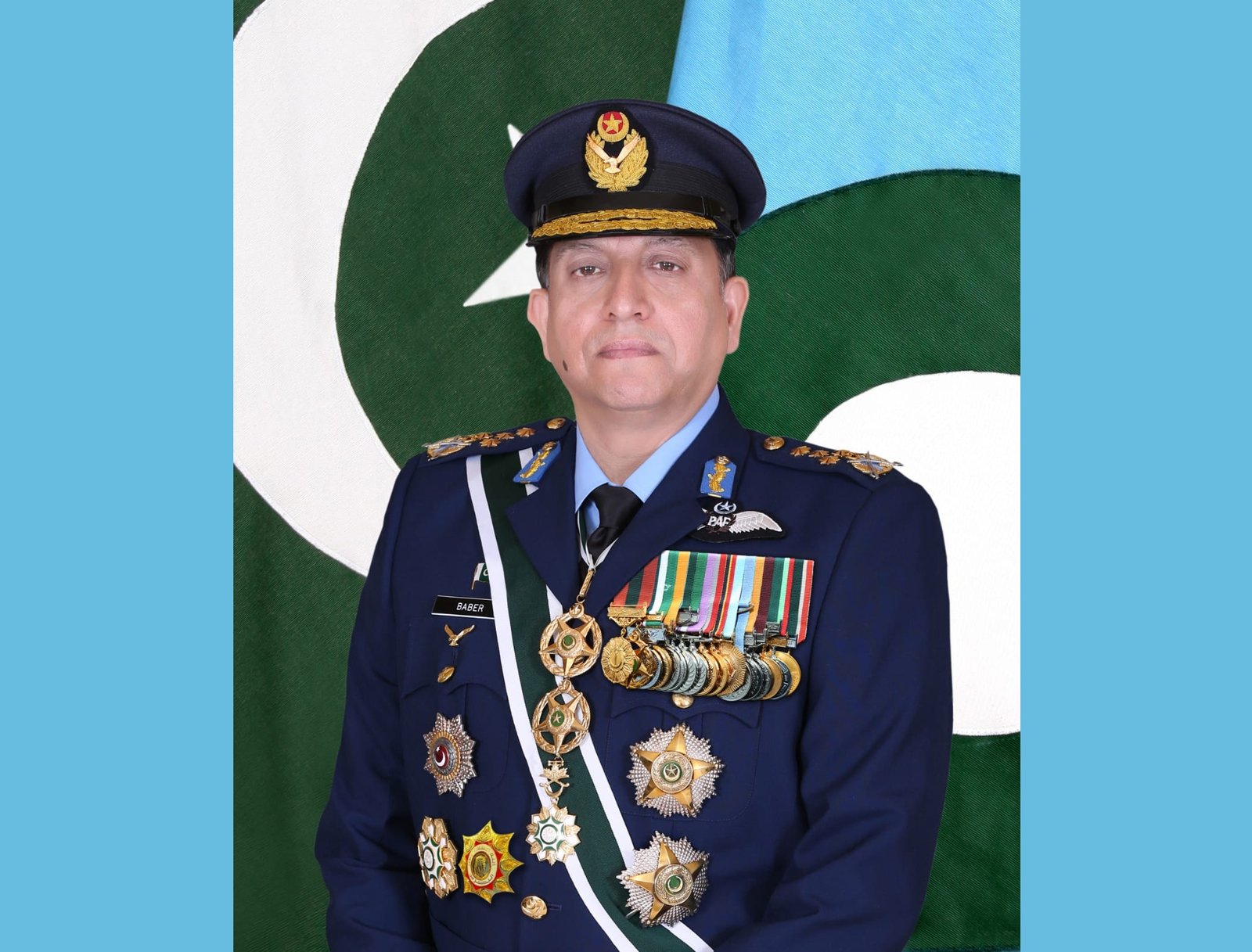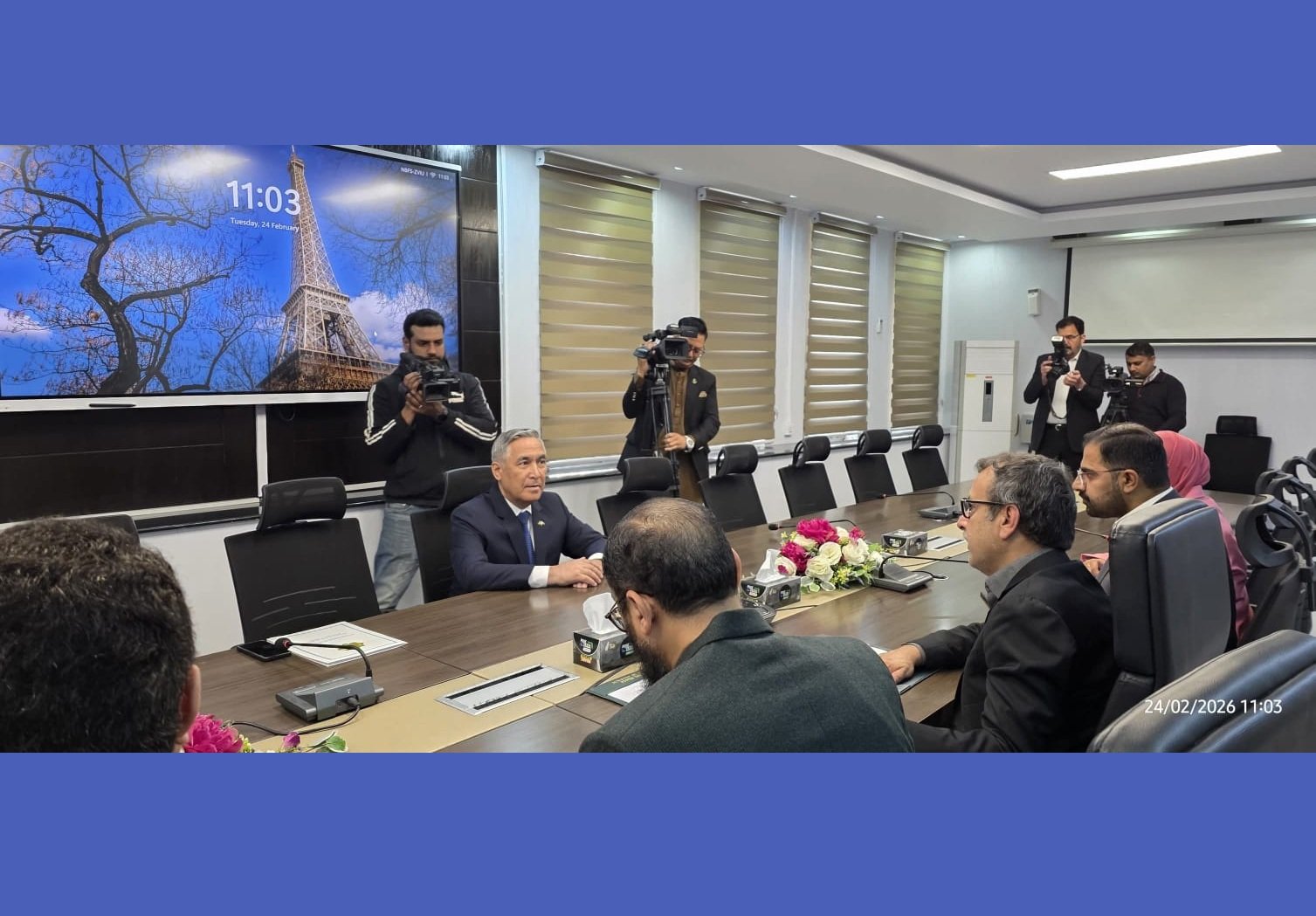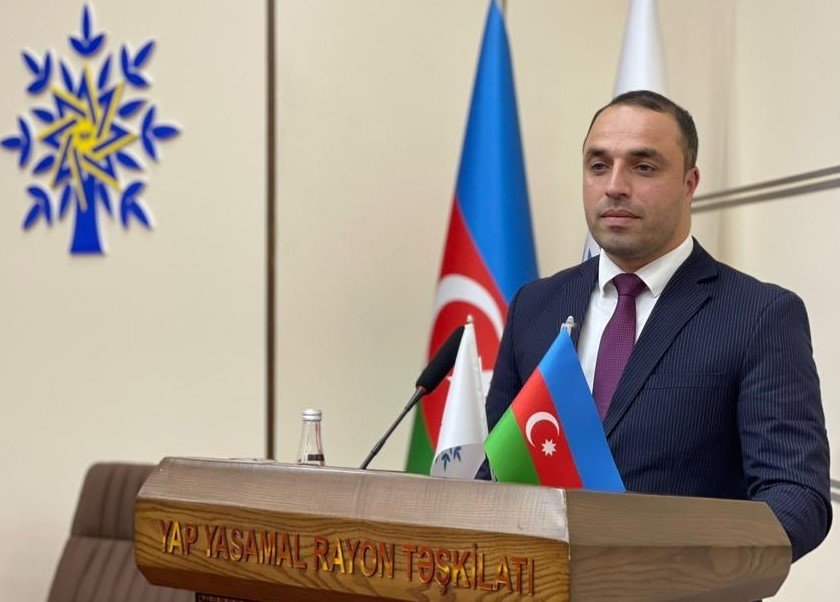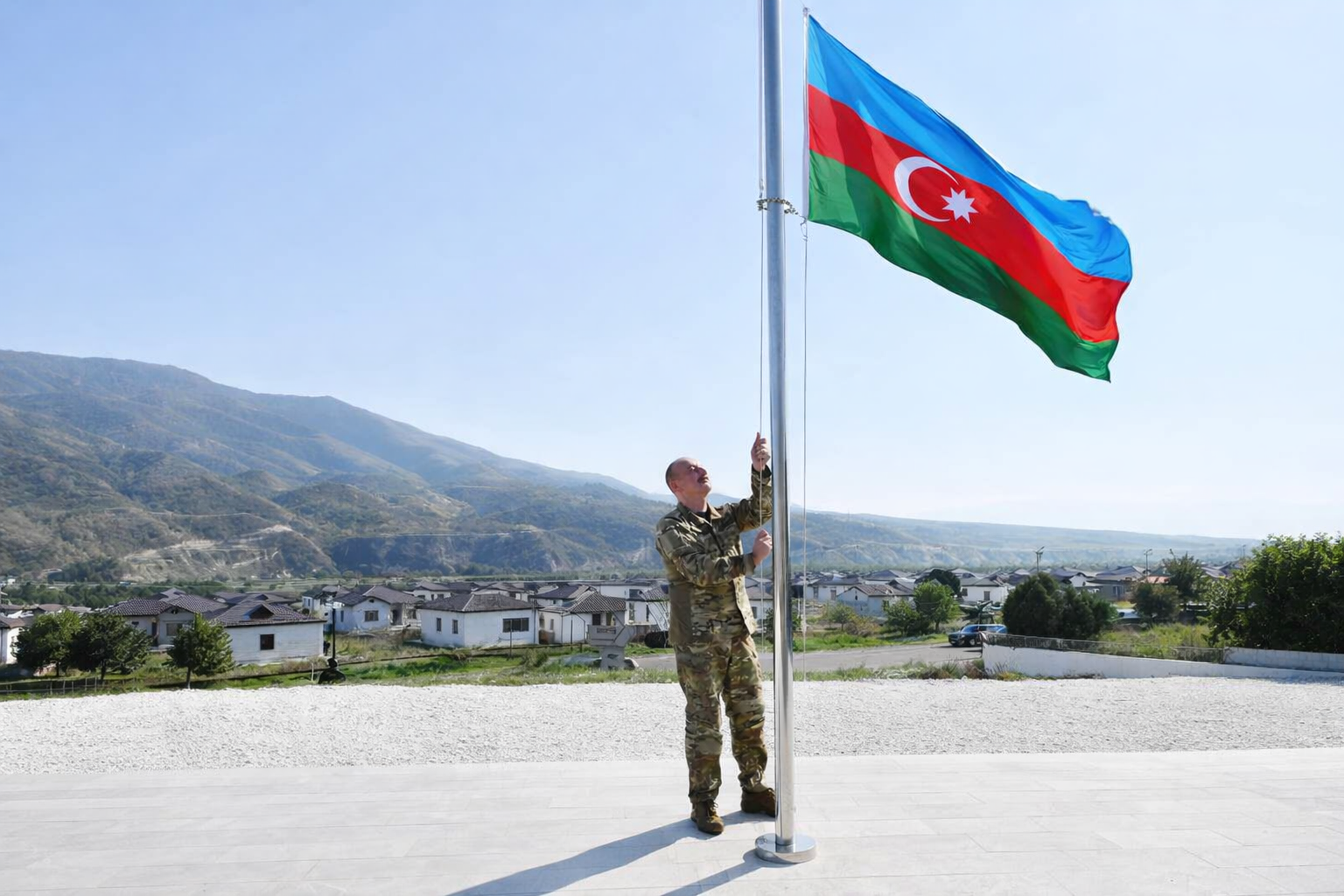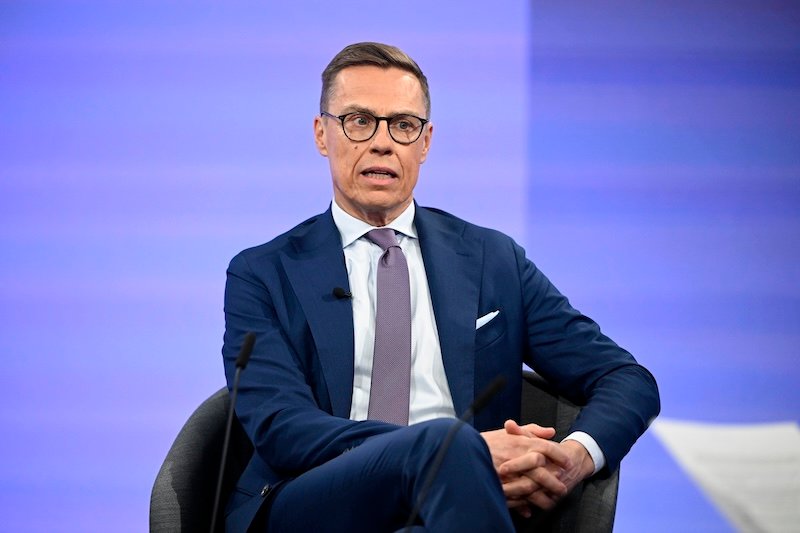Throughout history, young people have been the architects of change, weaving the fabric of a better tomorrow. Today, as we stand at the precipice of unprecedented challenges – climate change, inequality, and biodiversity loss – their role in shaping the future has never been more crucial. Sustainable progress requires a paradigm shift, moving beyond a narrow focus on economic growth towards a holistic approach that prioritizes the well-being of people and the planet.
Our current economic systems rely heavily on Gross Domestic Product (GDP) as the sole metric of progress. However, GDP suffers from a fundamental flaw: its focus on monetary transactions completely overlooks crucial social and environmental factors. This narrow perspective prioritizes short-term gain over long-term stability, leaving marginalized communities and fragile ecosystems to bear the brunt of our shortsightedness. It perpetuates a cycle of environmental degradation, social inequity, and economic instability that threatens the very foundation of our future.
To navigate the complex challenges of the 21st century, we need a new, comprehensive framework that measures progress beyond GDP. This framework should be a tapestry woven with social, environmental, and economic indicators, providing a holistic view of development. It should reflect not just traditional economic well-being, but also factors like access to quality education, healthcare, and clean water; social equity and inclusion; and environmental sustainability. Importantly, this framework should also reflect the values and aspirations of young people, who will inherit the consequences of our actions today.
In countries like Pakistan, where the youth population comprises nearly 70 percent of the total populace, engaging young people in shaping this new paradigm is not just a choice, it’s a necessity. The youth of Pakistan hold the key to unlocking the country’s potential for sustainable progress. Their energy, creativity, and passion can be harnessed to drive meaningful change across all sectors of society, from agriculture and renewable energy to education and social justice.
Empowering young people begins with providing them with the tools they need to thrive. This starts with access to quality education that goes beyond rote learning and technical skills. Education should foster critical thinking, innovation, and problem-solving abilities. It should equip young people with the knowledge and skills to analyze complex issues, develop creative solutions, and navigate the complexities of the 21st century. Additionally, sustainability literacy should be embedded within the curriculum, fostering an understanding of the interconnectedness of environmental, social, and economic systems.
Furthermore, vocational training programs tailored to the specific needs of local communities can equip young people with the practical skills they need to succeed in a rapidly changing world. These programs can provide training in areas like sustainable agriculture, renewable energy technologies, and green building practices, aligning their skills with the demands of a burgeoning green economy. By empowering young people to develop expertise in these fields, we not only enhance their employability but also foster a generation of innovators and job creators. Through hands-on training and real-world experience, youth can actively contribute to the transition towards sustainability while securing meaningful livelihoods for themselves and their communities. It’s through such targeted investments in skills development that we can ensure the youth are prepared to tackle the challenges of today and lead the way towards a more prosperous and sustainable future.
Investing in youth-led initiatives and grassroots organizations is crucial to amplifying the voices of young people and enabling them to drive solutions to pressing challenges. These organizations are often at the forefront of social change, developing innovative solutions to problems like poverty, environmental degradation, and social injustice. By providing funding, mentorship, and institutional support, we can catalyze youth-led innovation and foster a culture of social entrepreneurship. Imagine a future where young people are not just inheriting problems, but actively shaping solutions!
Beyond economic empowerment, we must also prioritize the mental and emotional well-being of young people. The pressures of unemployment, social inequality, and environmental degradation can take a significant toll on their mental health. Establishing comprehensive support systems is vital, including access to counseling services, peer support networks, and mental health awareness campaigns. By nurturing their mental and emotional well-being, we empower young people to reach their full potential and become active participants in shaping a brighter future.
Finally, fostering intergenerational dialogue and collaboration is essential. The gap between youth and decision-makers can often be a barrier to progress. By creating platforms for meaningful engagement through youth forums, policy dialogues, and mentorship programs, we can bridge this gap. This allows policymakers to harness the fresh perspectives and innovative ideas of young people to inform policy formulation and implementation. In doing so, we ensure that the aspirations of the youth are reflected in the development agenda, leading to more inclusive and sustainable outcomes.
The future belongs to the youth, and the present too, for they are not just the leaders of tomorrow, but the architects of a better future today. By empowering them with education, skills, resources, and a platform to be heard, we can create a future where their energy, creativity, and passion are harnessed to build a more just, equitable, and sustainable world for all. Investing in our youth isn’t just about preparing them for leadership roles in the future; it’s about recognizing their potential to effect positive change in the here and now. When we provide opportunities for young people to thrive, we unlock innovation and drive progress in our communities. Let us seize the moment to invest in our youth, nurturing their talents and amplifying their voices, for they hold the key to a brighter present and a more promising tomorrow.

Mr. Qaiser Nawab, a global peace activist, is a distinguished international expert specializing in the Belt and Road Initiative (BRI), Afghanistan, Central Asia and founder of the Belt and Road Initiative for Sustainable Development (BRISD), a newly established global think-tank headquartered in Islamabad, in conjunction with the one-decade celebration of BRI.
Mr. Qaiser Nawab, a global peace activist, is a distinguished international expert specializing in the Belt and Road Initiative (BRI), Afghanistan, Central Asia and founder of the Belt and Road Initiative for Sustainable Development (BRISD), a newly established global think-tank headquartered in Islamabad, in conjunction with the one-decade celebration of BRI.
